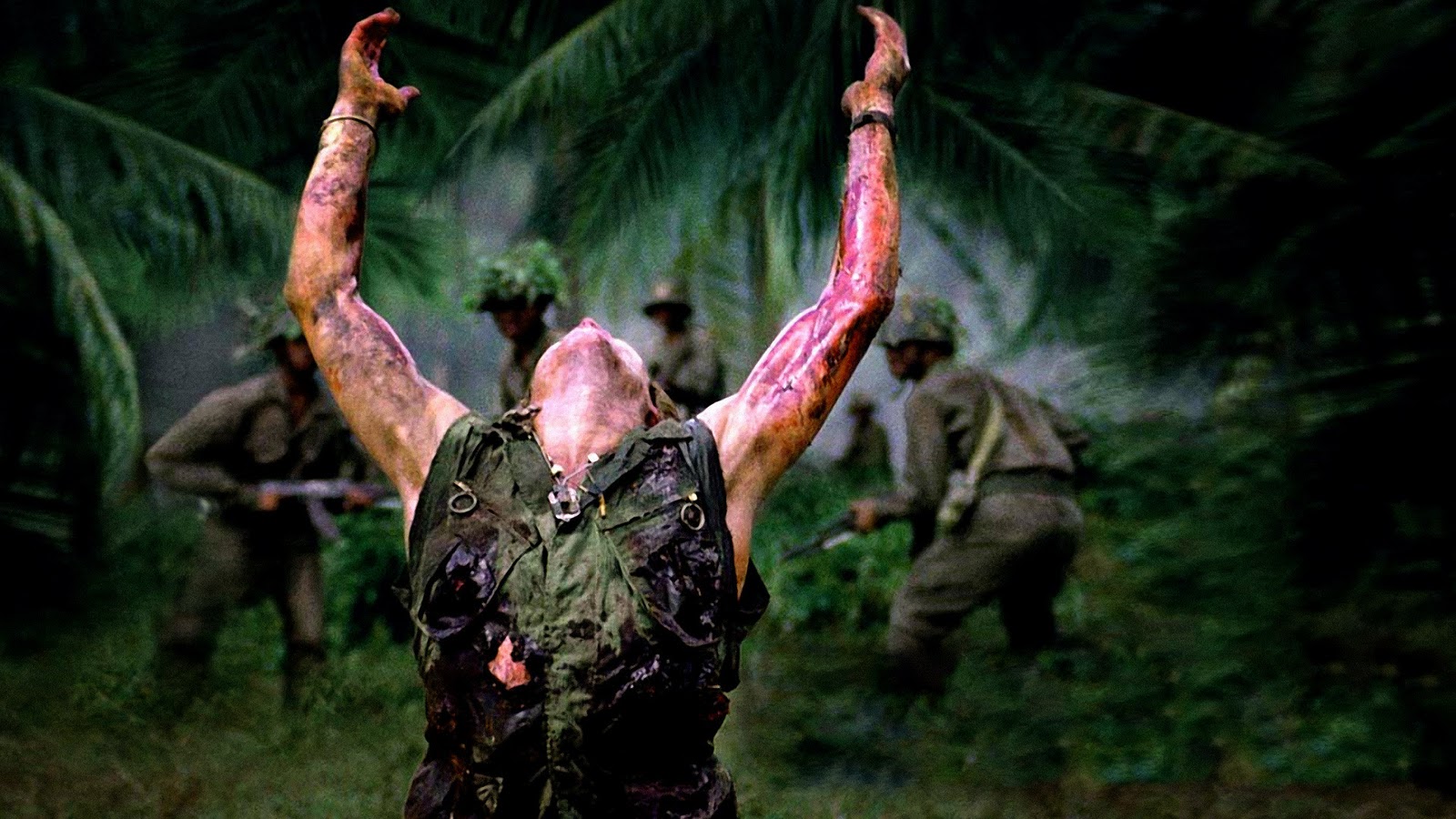
This is the fifth examination at every Academy Award for Best Picture winner, and this is where the history of winners really starts to slow down. After the blazing experimentations of the ‘60s and ‘70s winners, something happened in the ‘80s that created the phenomenon we all know as “Oscar Bait”.
Films got schmaltzy like we went back to the ‘30s, and the new passion for music and cinematography turned many films into living greeting cards. The authenticity of a lot of these featured films is synthetic, and it is not a trait that has aged well at all.
What is interesting with this decade is how some of the more basic films ended up being stronger than some of the bigger movies. These smaller films are the most buried within their era that you will find out of any Best Picture winner, but that does not take away from their impact. Nonetheless, brace yourselves: these are the Best Picture winners of the ‘80s ranked from worst to best.
10. Out of Africa (1985)
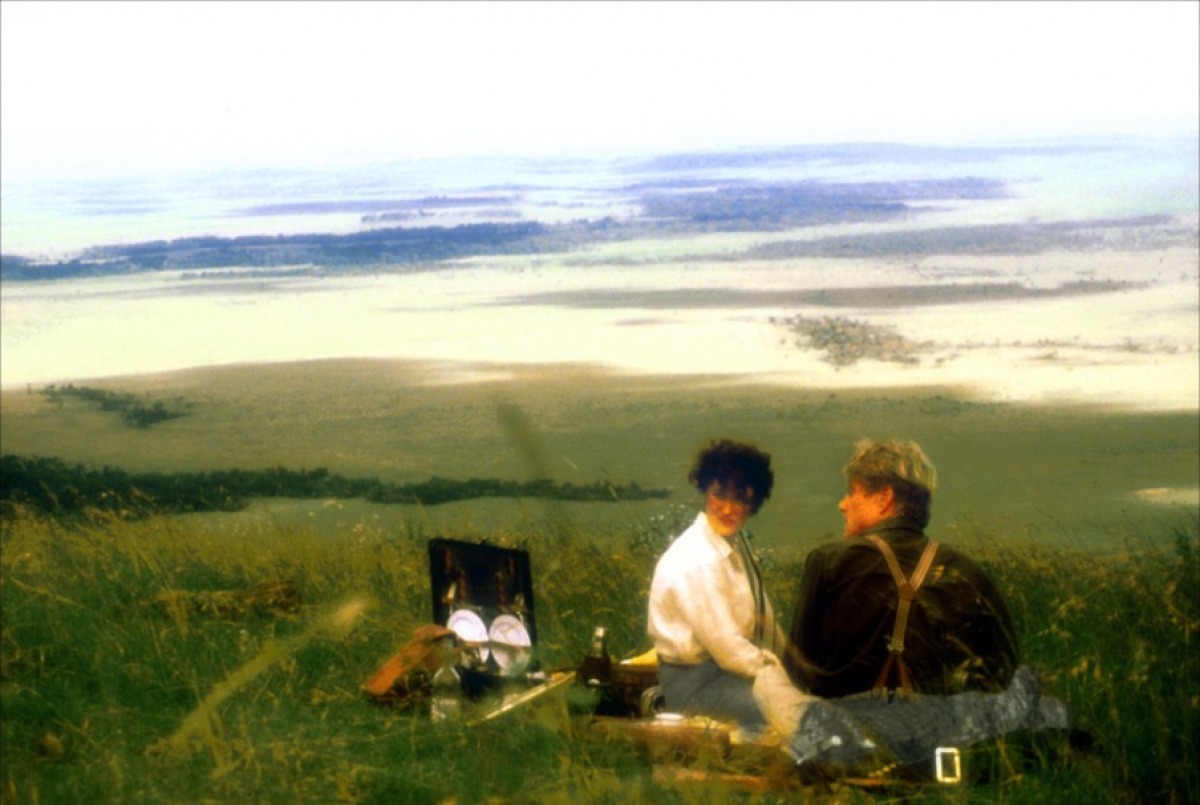
John Barry’s music is unforgettable. David Watkin’s cinematography is graceful and enlightening. Meryl Streep and Robert Redford are, as always, splendid and sublime in their roles. Out of Africa as an aesthetic experience is timeless, and its emphasis on visceral passion cannot be ignored.
However, Out of Africa is often considered to be a low point in the Best Picture winner line up; it even has the last rotten rating on Rotten Tomatoes for any winner in chronological order. So, what exactly went wrong with Out of Africa? The film is a gargantuan bore, where your memories of this flick will— guaranteed— be a lot more uplifting than the actual product.
You embark on a lengthy journey along with Karen von Blixen, and you will witness scene that will take your breath away along with hers. Even with these aspects, Out of Africa just goes on and on to the point of irritation. There is no care for resolution; you’ll just want to be finished as quickly as possible.
Out of Africa’s win has had an effect that is as long winded as its own entirety: it helped ensure the Oscar-bait films that would follow it’s fate. The swarm of overly-sentimental, overlong slugfests of the ‘90s are thanks to this one win (not to say that there weren’t Oscar-bait films to win before this one, though). At least it’s nice to occasionally think about, right?
9. Driving Miss Daisy (1989)
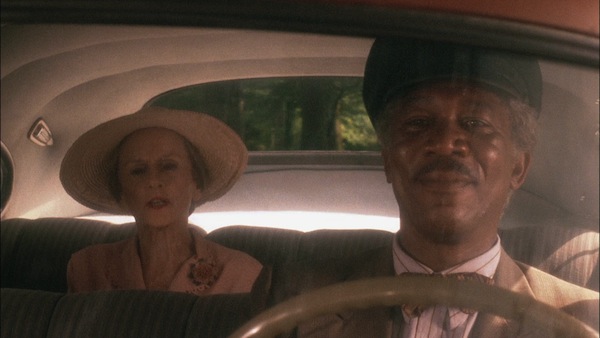
Driving Miss Daisy holds the distinction for being the last Best Picture winner to not have its director (Bruce Beresford) nominated. Well, that second part makes a great deal of sense, as Driving Miss Daisy is a misguided, overly-sentimental kitsch-fest. It sure means well, and it is hard to hate on such a sweet, innocent film.
Nonetheless, to dissect this film academically and critically— of which it ultimately is invited to do so as it won the biggest prize it could win— is to expose the fatal flaws that truly sit stalely underneath all of its adorableness. What do we really get from this tale of an eager chauffeur and the titular geriatric aristocrat?
Morgan Freeman and Jessica Tandy are a wonderful duo that combats racism, classism and ageism with their addictive quarrelling, and it is charming to see them get along in the end. Yet, nothing is gained. The Hallmark experience of an odd couple getting along is all you truly take away from this one.
There is no organic complexities, longevity, or substance. This is a rare entry where it is to be separated from its criteria, as it will surely resonate with you (maybe for a few hours, tops) in some way despite its problems.
8. Chariots of Fire (1981)
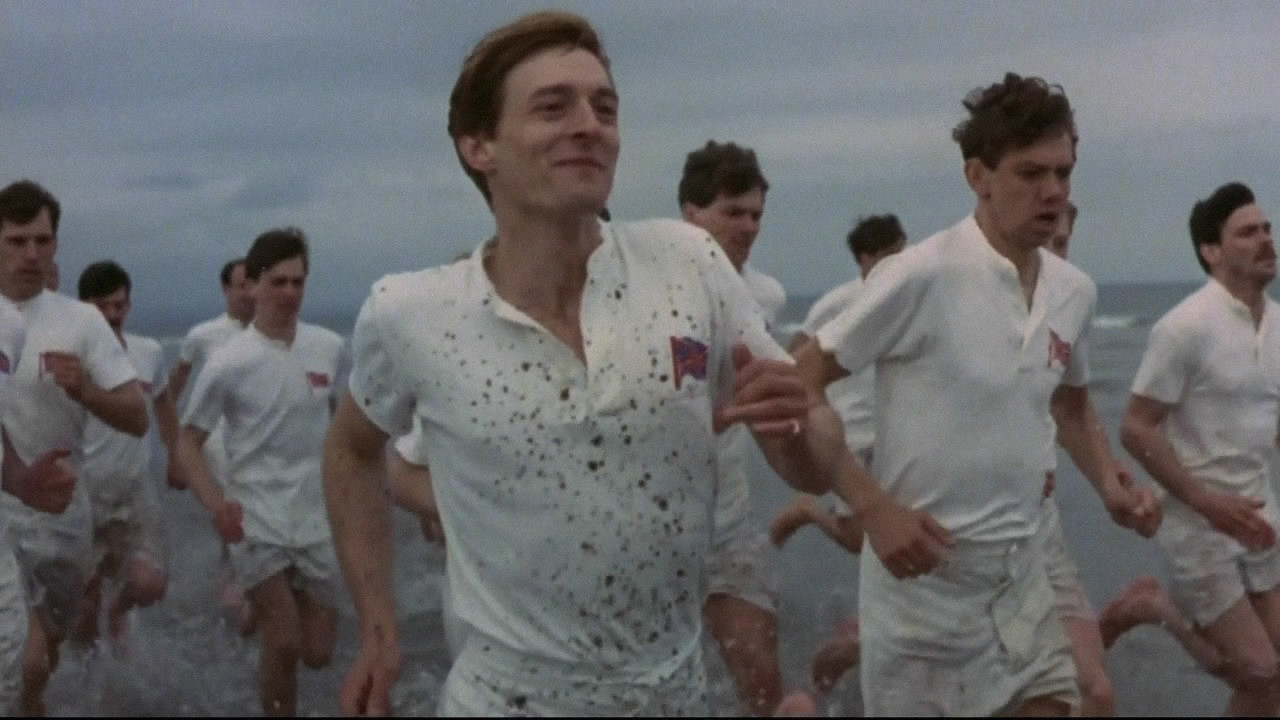
Everyone knows the iconic music, as it has been spoofed a thousand times. Ironically, that song is only featured as a starting and ending note for the film and is not brought up throughout the entire duration otherwise.
Vangelis’ theme is rightfully recognized, however it is a shame that the rest of the gorgeous soundtrack has not been given the continuing praise it so deserves. It may be the opening beach shot and theme that are the most reminisced moments of this film, because Chariots of Fire is a winner that won on artistic merits.
The story is safe, tame and borderline uninteresting, as you are so consistently in a dream-like state (through the film’s directing, cinematography, editing and music) that the under developed plot just seeps away from you. The running scenes are influenced by Leni Riefenstahl’s Olympia, so every shot is graceful, stunning and breath taking.
These elements transcend the film so heavily so that the plot based moments are hard to remember and the parts with movement and art are instantly embedded into your brain. Chariots of Fire isn’t the strongest Best Picture winner, but it certainly contains moments of cinematic poise.
7. Gandhi (1982)
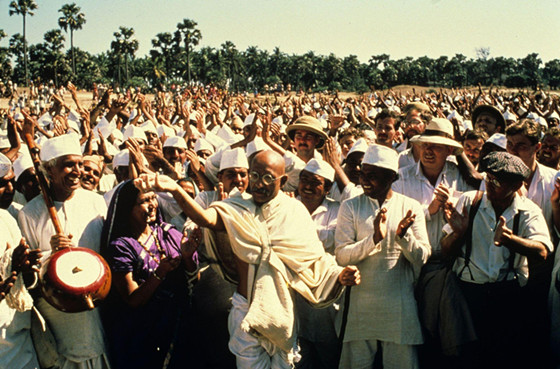
One of the all time greatest performances is Ben Kingsley’s early take on Mahatma Gandhi, as he perfectly replicates many different moments of the icon’s life: from young to old, from lawyer to leader of a movement.
Gandhi’s successes rest solely on the magnificent acting of Kingsley’s, where every scene is featured around him and his words of wisdom. There are seldom performances that are as impeccably lifelike as this one, and it is most likely the main reason why Richard Attenborough’s tale did well with the Academy.
Aside from the starring role, Gandhi is a film that means well but can be a bit too misguided with its ambitions. Like other films that have won Best Picture, it is overlong and a bit dreary with the amount it wills to take on. An emphasis on being concise would have strengthened this biopic, especially since it has so much to say (a directness would carry more punch).
Let this be a testament that Mohandas Gandhi merely had so many notable events of his life and not that Attenborough added a slew of unnecessary moments. Watch Gandhi for Kingsley’s acting primarily, as it is the golden centre of this winner.
6. Rain Man (1988)
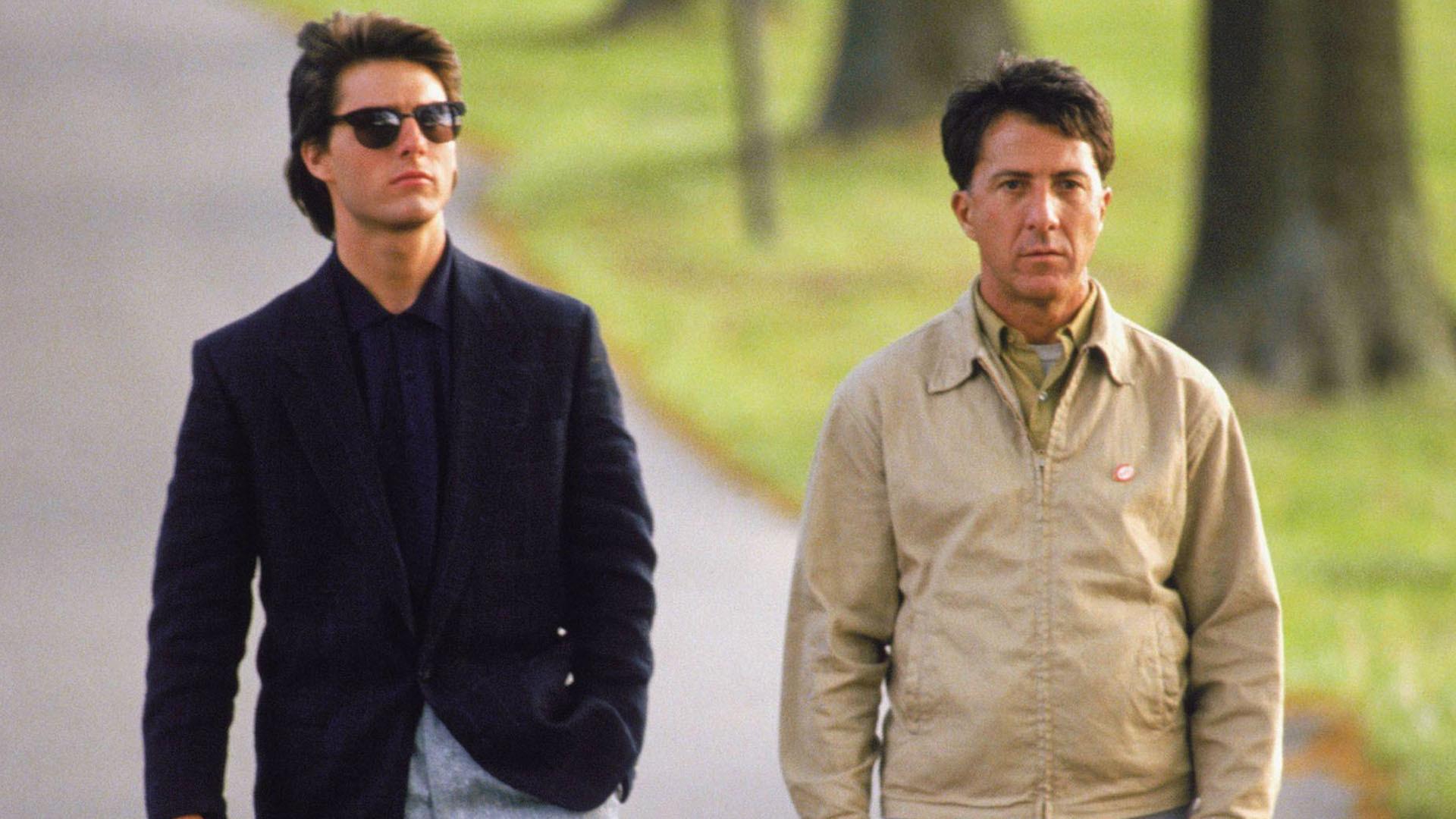
Barry Levinson’s eccentric dramatic comedy is another case of a new star being paired up with acting royalty. Tom Cruise was just on the rise when he was paired up with Dustin Hoffman (who previously won best actor for Kramer vs. Kramer, and ended up winning the same award for this film as well).
Oddly enough, Cruise is put in the main position with Hoffman’s character as somewhat of a supporting role, yet Hoffman (as always) steals the show. Rain Man is an unusual Best Picture winner, because it feels like your common film in the theatre; it may be a really good one, but it still feels like an ’80s film staple more than a Best Picture winner.
That could be due to Hans Zimmer’s score, of which has aged gracefully. This could also be because it is featured in (what was) the present day, without any particular gimmicks to throw off the viewer and transport them into a new time and world.
You are, instead, planted in an everyday setting with an egomaniac and his savant brother. The magic unfolds during the bonding phases of the brothers, and both Ray’s brilliant mind and Charlie’s change of heart make Rain Man a film for the ages.